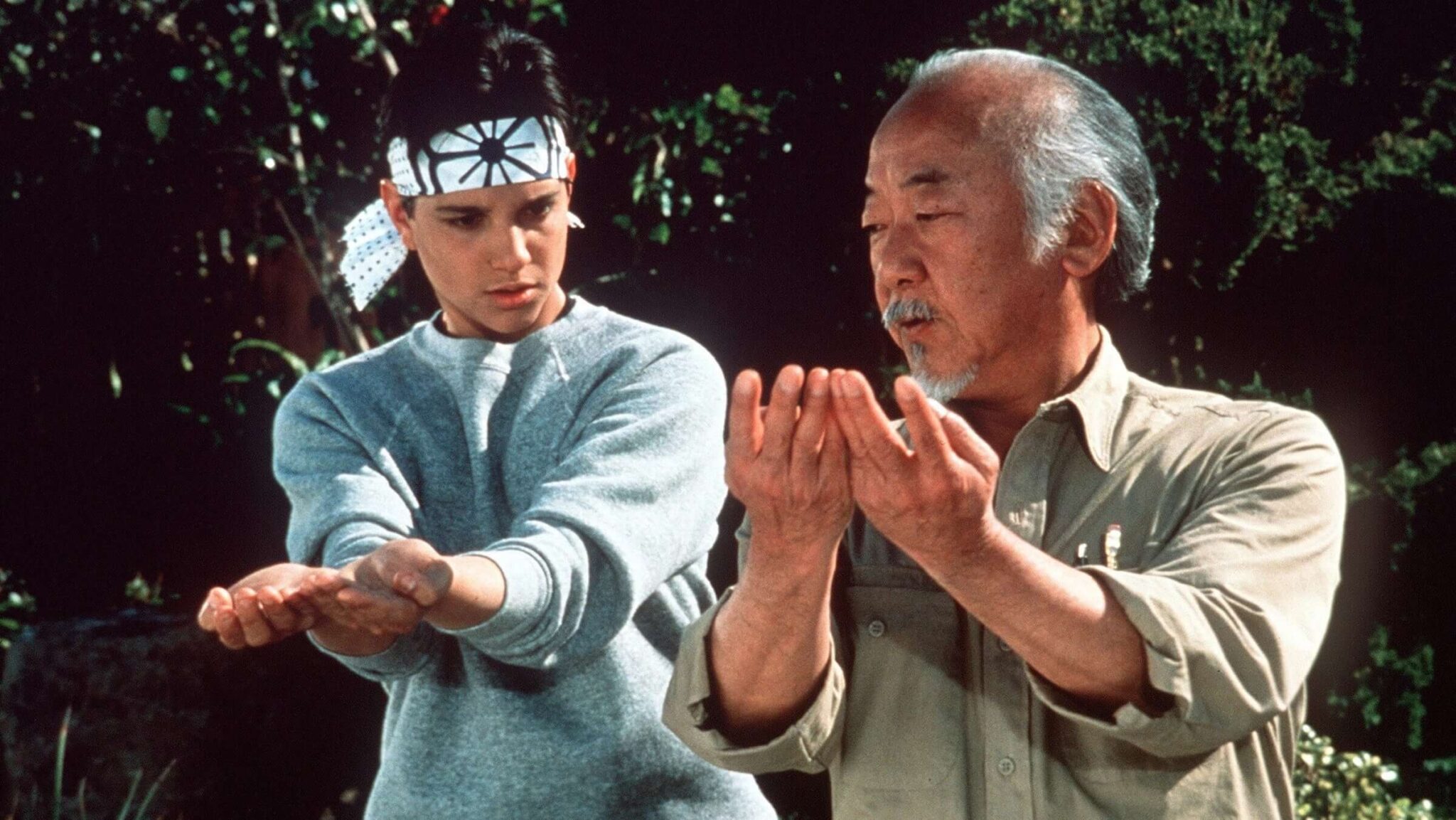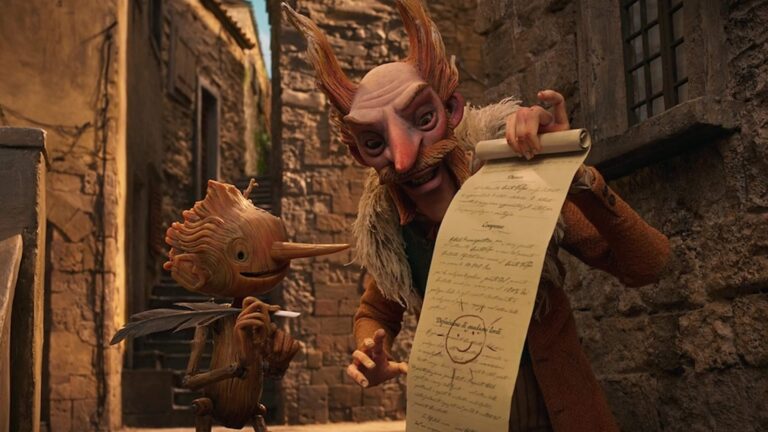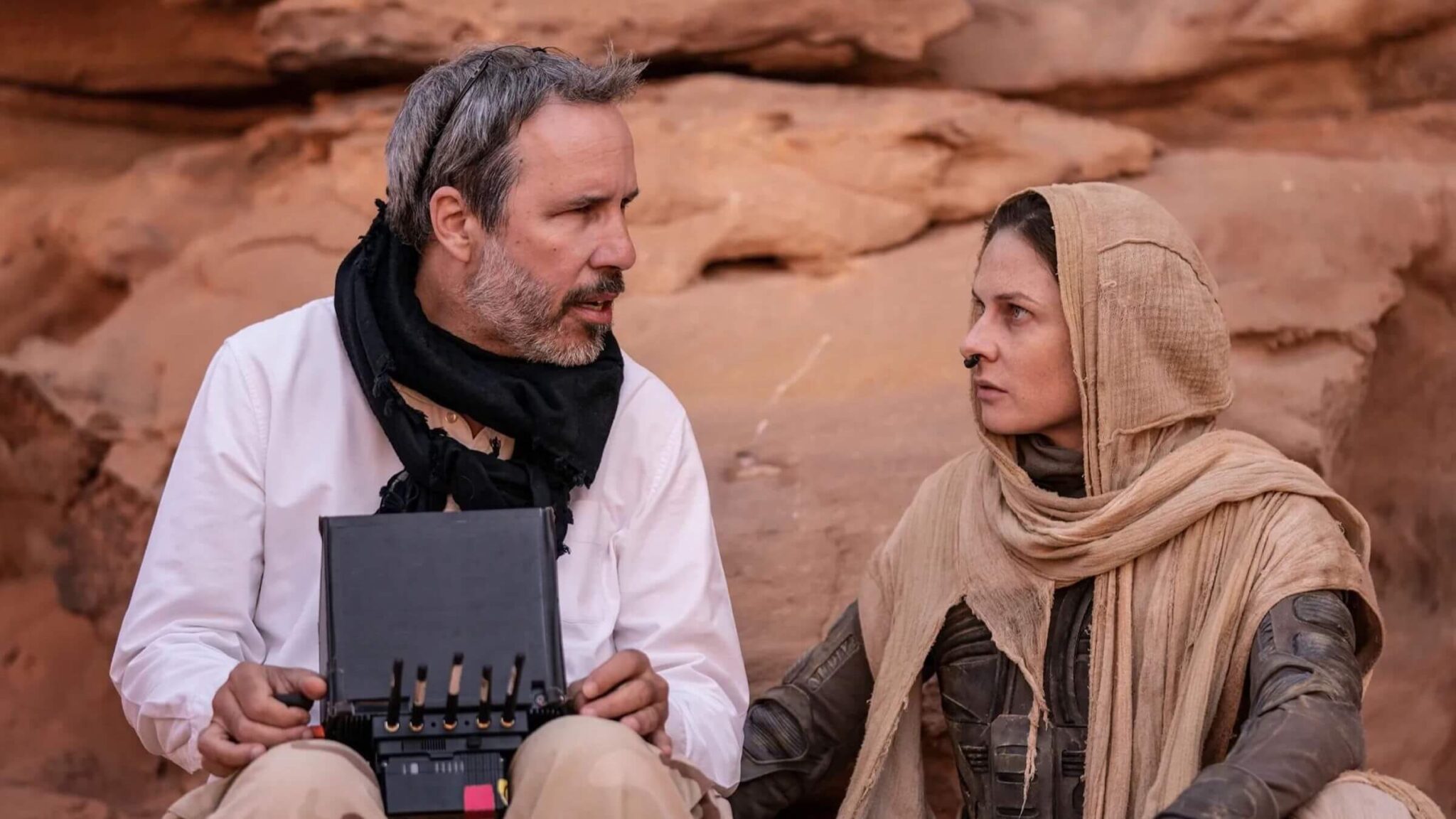5 Rules of Comedy Writing According to THE OFFICE Showrunner

Emmy Award-winning showrunner of The Office, Brent Forrester, shares his rules of writing comedy.
We've searched through a couple of interviews with the talented comedy writer, director, and showrunner, which we've adapted to five rules and guidelines featured within these discussions. We share his thoughts and elaborate on his wise words to offer screenwriters some simple rules and guideline that they can apply to their own comedy writing.
Forrester won an Emmy for his work on The Ben Stiller Show in 1993. He then went on to write for The Simpsons from 1993 to 1997.
Forrester told Variety, "The Simpsons, when I was there [1993-97], seemed like a joke-writing contest, in a weird way. It was highly cerebral and very quiet. For the most part, the way it worked was that the writers would just go into isolation and try to think up an entire episode in enormous detail, then come in and pitch the whole thing at a story conference — from Fade In to Fade Out, tons of jokes. It was crazy, man. Extremely stressful. We would do it in a hotel—Shutters [on the Beach, in Santa Monica]. And you’d pitch one, sometimes two stories, and after that, the head writer would decide what stories we were going to do. And then you would go off for two to four weeks — we got a lot of time on those episodes! There was a time when you got four weeks? That’s a f***ing luxury now!"
He then went on to write for NBC's The Office, an American-version of Ricky Gervais's British comedy series of the same name. He later directed episodes of the show and eventually became the showrunner, winning another Emmy in 2007.
Have you written a comedy pilot for the next great TV series? Enter the ScreenCraft Comedy Screenplay Competition here.
Here are some of Forrester's rules of writing comedy.
1. You Don't Have to Be a Comedian to Write Great Comedy
Forrester told ScreenwritingU Magazine, "I was a student once and I was desperate for knowledge about comedy writing and I could never find anything that was of much value. I have yet to find any textbook with usable insights into comedy writing which is a surprise because there is so much that can be conveyed. In any craft you take up you’re going to collect concrete insights and information about how to do it. I’m certainly that kind of person."
Forrester fell into comedy by accident. He wasn't a comedian. He was just naturally funny. "I had no other talents and I liked writing short stories. Somehow, I misunderstood the idea that these talents would translate so I had to learn the nuts and bolts."
There's a strong misconception that in order to write great comedy, you have to go through the stand-up sector and work your way up. While that is a good — but not foolproof — avenue to follow, you can break through by just having a natural sense of humor and humoristic outlook on life and situations.
But comedy isn't just about writing silly jokes.
Learn how to write great movie dialogue with this free guide.
2. Silly Is Not Funny
Forrester went to high school with the son of Susan Harris, the woman who created the iconic hit The Golden Girls. He later showed her a spec script he had written and asked for her advice.
"'Silly is not funny' was her first insight. And that was stunning to me because when I tried to write comedy, that’s how it came out. Zany, silly, crazy. All my attempts at comedy were heightened yuck fests."
The comedy scripts that Hollywood comes across from novice writers almost always embrace the zany, silly, and crazy elements of comedy. But those types of gags run so thin. They get old quickly.
So where do you find great comedy if it's not just about a bunch of jokes and hijinks?
3. Go to Your Personal Pain in Life to Find Comedy
Forrester went on to tell Screenwriting U Magazine about the "golden rule" Harris taught him. "She said, 'Write what is difficult for you — even painful. Trust that it will come out funny.' It’s a crazy piece of advice, but so true. The crazy paradox about comedy writing is that the more seriously you approach it, the more likely you are to have it come out funny... the golden rule from The Golden Girls creator. To this day, whenever I get assigned to write a script, I say okay, given the parameters of the story I’ve been given, what from my own experience is difficult and painful that this story can explore. I really think the secret of why I’ve been able to continue to work in TV is that original rule."
Most great comedy comes from the pain of life.
In The 40-Year-Old Virgin, Andy is a character with few friends and no one that he connects with. He's an outsider and doesn't know how to communicate with women. This leads to a lonely life surrounding himself with toys from his childhood and videogames. The only real connection he has is watching Survivor with his elderly neighbors.
In Little Miss Sunshine, all of the characters are dealing with pain. Richard is dealing with a failed career as a motivational speaker. His wife Sheryl is an overworked wife and mother. Her brother has just survived a suicide attempt. Dwayne, Sheryl's son from a previous marriage, is a struggling teenager who has taken a vow of silence until he can accomplish his dream of becoming a test pilot, which they will later learn that he is unqualified for due to a physical trait that he has no control over. Richard's foul-mouthed father, Edwin, is a drug addict living in their home. Olive, the daughter of Richard and Sheryl, is an aspiring beauty queen who doesn't fit the physical mold of the beauty pageant contestants she hopes to face.
These characters don't scream funny at first glance. But from that pain comes hilarity if you look closely and can manage to have a humoristic perspective on otherwise troubling and painful issues.
Audiences identify with real-life pain because life is full of it. When realism is a part of comedy — as opposed to zany, silly, and crazy hijinks — there's more of a cathartic feel to stories and characters. It feels more natural.
4. Keep the Comedy Grounded and Natural
"Broadly speaking, the thing that made The Office a hit was the tone of naturalism that was achieved in this show. I came to learn that what tastemakers in comedy, like Ricky Gervais, Greg Daniels, and Judd Apatow, respect most of all is tone that could be called naturalism."
The naturalistic acting of The Office was always rooted with naturalistic writing. "You really feel — for significant periods of time — like you’re in a drama because it’s grounded and realistic. It’s not heightened in the way you see in Multicam shows, especially bad Multicam, where the behavior is exaggerated and unrealistic."
He went on to explain, "This is where it gets really tough for the writer, it takes a lot of discipline to write naturalistically. It’s not the instinct for comedy writers to be restrained. Then, when you go into mockumentary [like The Office], it tends to further emphasize this tone... If you don’t push into surrealism, coincidence in the writing and unnatural behavior, you create the context for a considerable investment and connection from the audience."
For comparison, he used 30 Rock as an example.
"30 Rock would indulge in a fair amount of surrealism and zaniness which causes the viewer to subconsciously disconnect emotionally from the characters and storytelling."
5. Don't Start with Premise, Start with Character
Forrester shares an important television comedy writing tip for screenwriters in his interview with BBC Writersroom.
"Don't start with premise. Start with character. Most hit shows are a collection of good characters in a location. There are two kinds of locations, generally, in the history of TV. Family, which has its location in the home... or the office... workplace shows. Cheers, Taxi, The Office are all workplace shows. They're both essentially collections of characters."
He goes on to explain his process. "For me, I always try to start with one character that's a breakout character. All you really need, if you look at it... Lucille Ball was a breakout character on I Love Lucy. Roseanne's a breakout character in Roseanne. You can have ensembles and that's great. But you really want to start with one big, powerful voice."
Films are premise-driven. You can sell a feature script based on an intriguing concept. But with television, it's all about the characters.
Watch more of Forrester's interview below.
Ken Miyamoto has worked in the film industry for nearly two decades, most notably as a studio liaison for Sony Studios and then as a script reader and story analyst for Sony Pictures.
He has many studio meetings under his belt as a produced screenwriter, meeting with the likes of Sony, Dreamworks, Universal, Disney, Warner Brothers, as well as many production and management companies. He has had a previous development deal with Lionsgate, as well as multiple writing assignments, including the produced miniseries Blackout, starring Anne Heche, Sean Patrick Flanery, Billy Zane, James Brolin, Haylie Duff, Brian Bloom, Eric La Salle, and Bruce Boxleitner. Follow Ken on Twitter @KenMovies
For all the latest ScreenCraft news and updates, follow us on Twitter, Facebook, and Instagram.
Tags
Get Our Screenwriting Newsletter!
Get weekly writing inspiration delivered to your inbox - including industry news, popular articles, and more!


























